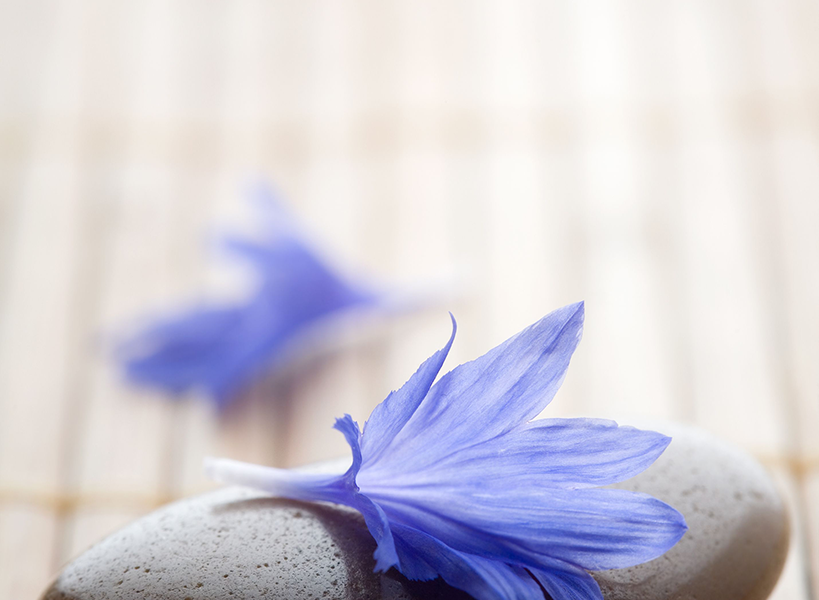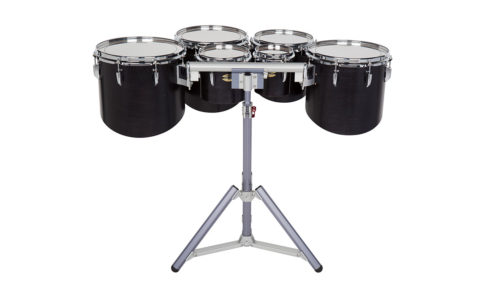Think about the overall needs of your body when it comes to food as fuel and exercise as maintenance.
Health care is much more than gym memberships and insurance—it’s holistic. Knowing what your body really needs in terms of food and exercise is completely under your control.
Seasonal Changes
As the seasons change, consider adjusting your diet. While fresh salads have cooling properties in the summer, that’s not as necessary in the fall and winter. Think about swapping in soups and warm, easily digestible foods. For mornings, oatmeal is always a good choice. Also, drinking warm water with lemon can help with digestion.
Taking time to sit and be with your food is also important. Too often we eat on the run, at a desk, in our cars or in front of our TVs, so to really get a better understanding of what serves us, we should be more mindful when we are eating. You will also overeat less if you pay more attention to your food.
Cravings
Consider not just what you are hungry for but also what kinds of foods your body is craving. Are you tired in the middle of the afternoon? Maybe grab a handful of nuts or trail mix instead of blindly pouring yourself another cup of coffee. On the other hand, sometimes you just want cake, so go buy a slice of grocery store birthday cake and eat a forkful to satisfy your sugar craving.
Dietary Restrictions
Also consider dietary restrictions and find out what works for you. Do you feel tired after eating cheese? Try eliminating dairy from your diet. Truly listening to the nuances of what your body is telling you can be a life changer.
Routines or Cross Training?
When it comes to exercise, people who identify as being type A might think that they always need to push themselves, but sometimes that very impulse should be a signal to slow down.
You don’t always need to take the level two yoga class—your body is different each day and changes throughout the day. Try opting for the restorative yoga class if that’s what you think your body needs.
Maybe you’re used to lifting weights or doing CrossFit; mix it up with a run, pilates or yoga class. Try different combinations and see what works. If something stops working or feeling good, reassess and make another change. Just because a routine works for a long while does not mean it will always work.
Peak Alertness
Think about when you’re the most awake during the day—this can help with memory retention. Are you a morning person or do you actually wake up around 10 p.m.?
Knowing this about yourself can influence how you rehearse, eat and schedule your exercise routine.
Taking the time to figure out what works best for you in all manner of things—food, exercise and peak functionality— can change your holistic health at a fundamental level.


